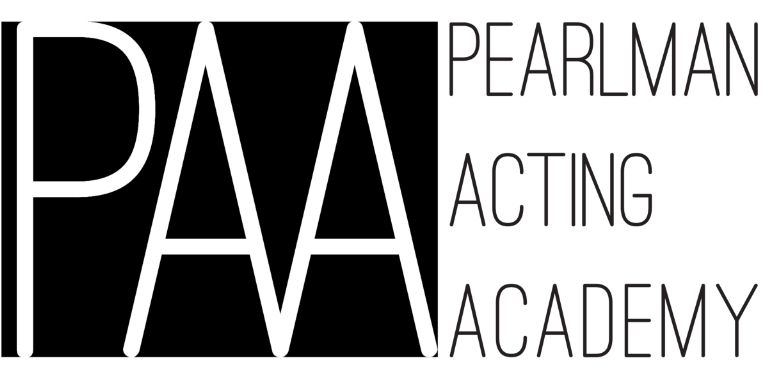We can all count on one hand those teachers, mentors, etc. who had a lasting impact--whose words have forever changed the way we view the world and live in it.
These people wielded such a notable imprint as a result of two combined forces: their singular personality and their unmatched level of charismatic confidence.
For some, being memorable is easy and effortless. For others, this awesome result can be developed and honed, empowering you to effortlessly radiate the level of charisma that forges lasting impact. Oftentimes that marked difference between "good" and "great" is just that little bit extra.
Spontaneous Preparation
Have you ever seen a PowerPoint presentation so boring, you fought to stay awake through it?
This probably stemmed from it being over-planned, reductive, and uninspired.
Planning ahead before a job interview or presentation is obviously important, but over-planning to the point of it not being fun is a suicide move.
It's so problematic because it's so transparent: the talking points and related materials seem over-prepared and far too safe; it's ripped of all spontaneity and seems predictable.
This ends up deeply hurting the speaker as it's indicative of a lack of confidence. The speaker doesn't trust him/herself enough to not plan out every single syllable, so why should the audience bestow their valuable attention and time on him?
Preparation must always be counterbalanced with a certain sense of spontaneity and play--where you are improvising as much as you are planning.
As always, preparation should just be a diving-board from which you leap into a delivery that is surprising, fun and which doesn't have the stench of over-planning.
Confidence
What is confidence other than your belief in your own capability?
I won't lie, when it comes to your confidence in a particular field, this isn't something you can master overnight. I help my clients develop genuine impactful attractive confidence within seconds to effect maximum change in their audiences.
In an interview or presentation, you need to know deep down that you are the solution to the problem at hand, and the best person to communicate the message.
Without this, you'll always dance in the gray area of having your confidence look fake or as if you're trying too hard.
If you've ever had the pleasure of speaking with a truly remarkable CEO or world leader--one who has made an almost mythological reputation for themselves of visionary thinking and calculated risk taking--you'll see they radiate this unshakable belief in themselves.
Priming the Pump
If you go into a job interview or presentation with the thought, "gosh, I hope they like this" you might as well accept defeat and mediocrity right now.
Confidence is not built on notions like, "golly, I will try and please everyone."
You will need to walk into the room ignited with the attitude, "I'm the answer you're looking for."
While you can't build up a healthy level of confidence from none at all, you can prep yourself mentally and physically as a way of priming the confidence pump.
Confidence starts in your body and soon triggers mental and emotional confidence.
The opposite it also true. One of my clients likes to say to himself, "I am the goddamn solution" before every big meeting.
When the goal is to consistently stand out from your competition, this is of utmost importance.
The truth is that many of us aren't born with the indelible charisma and conviction of Branson, Jobs, or Wintour.
But, with laser-guided preparation deployed consistently and fearlessly, you can leave a lasting impression when it matters.
This article was originally posted on Inc.











